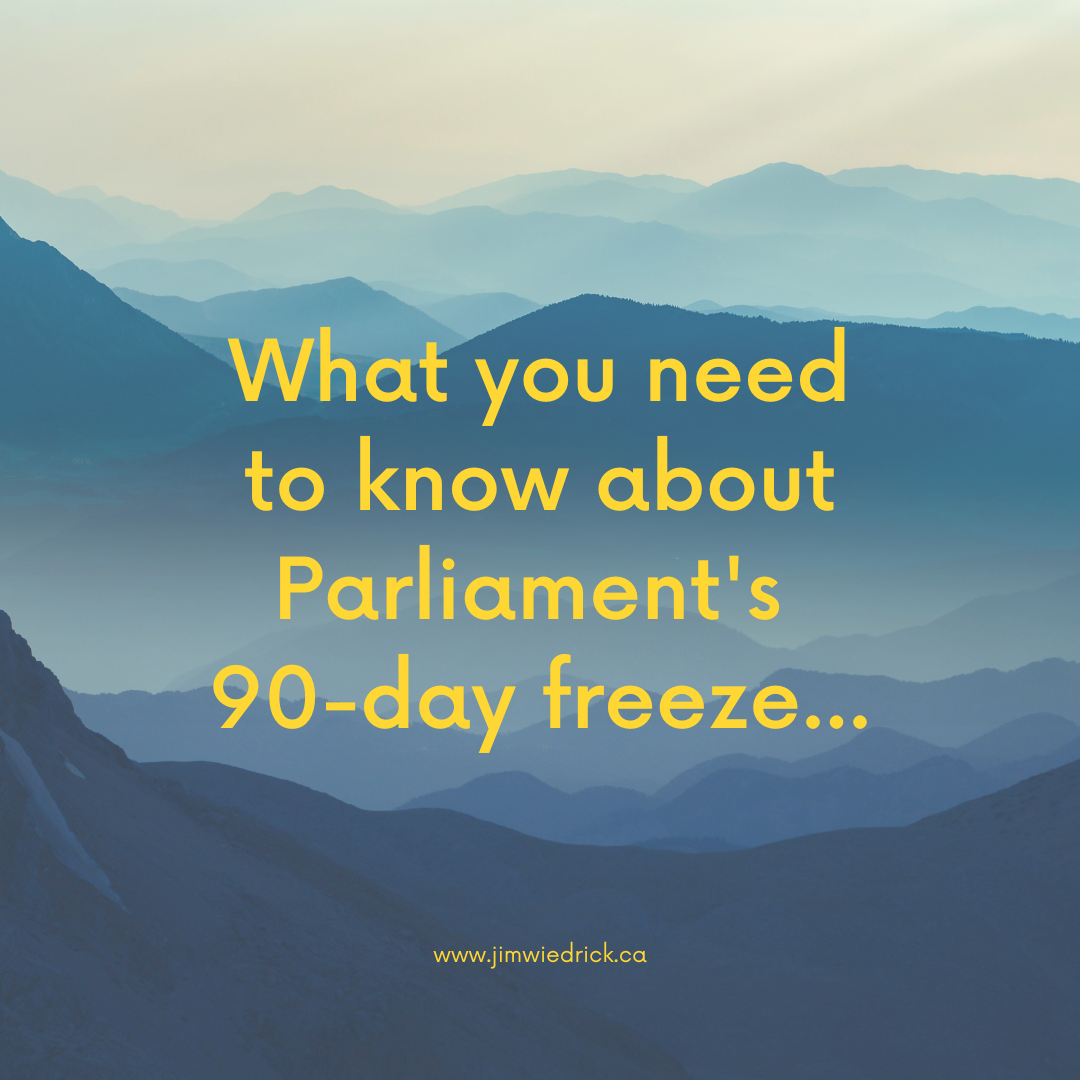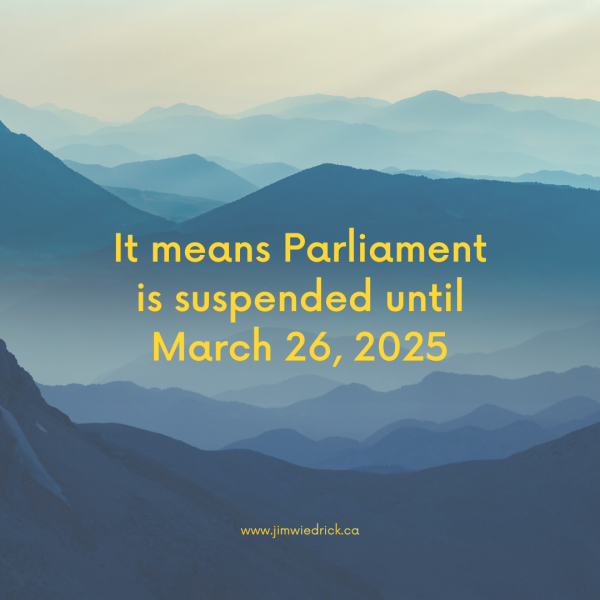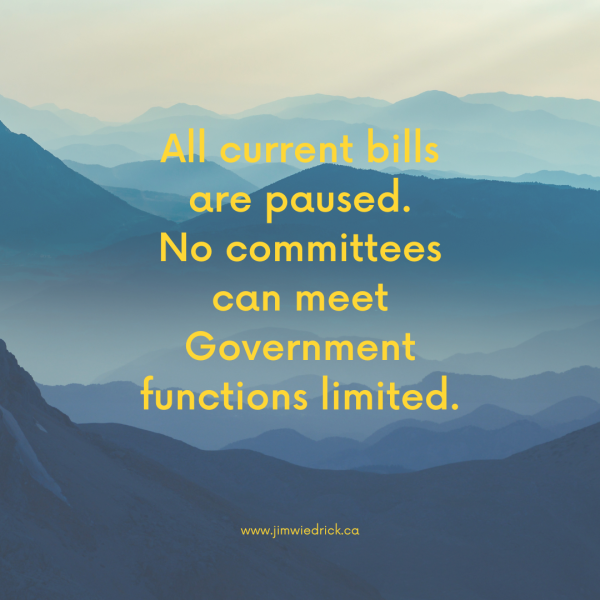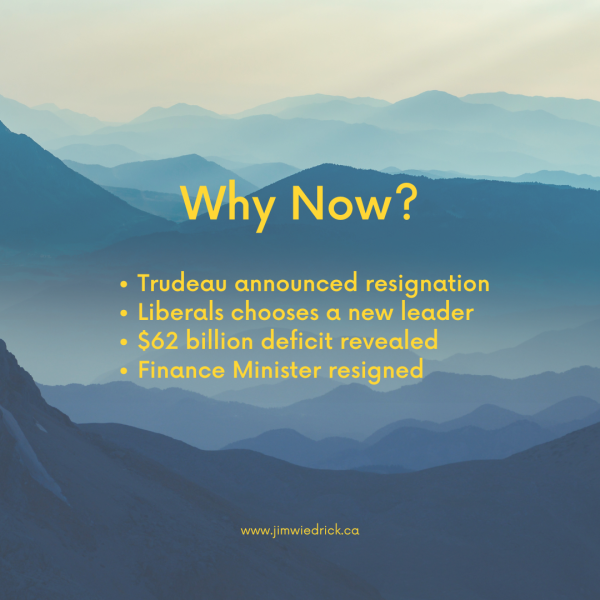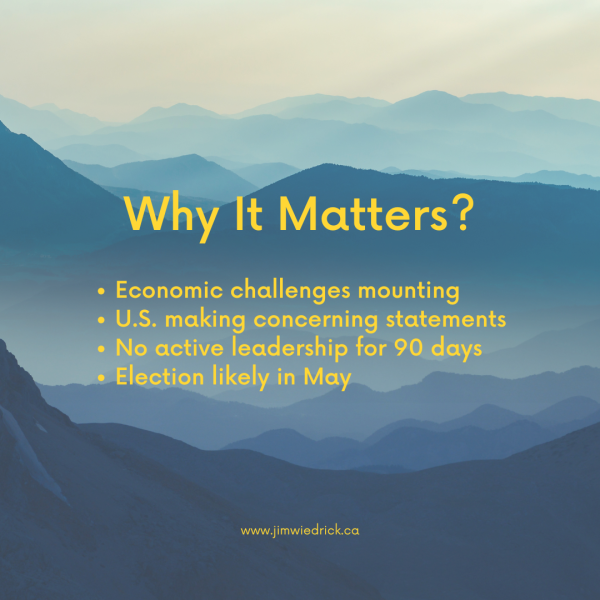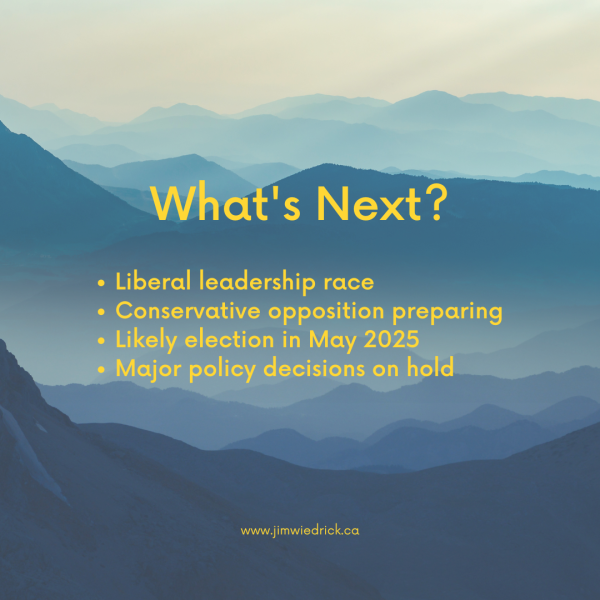Understanding Trudeau’s Prorogation & the Leadership Vacuum
Understanding Trudeau’s Prorogation & the Leadership Vacuum
A critical analysis of Canada’s current political situation and its implications for national sovereignty
In a move that has sent shockwaves through Canadian politics, Prime Minister Justin Trudeau announced Trudeau’s prorogation of Parliament until March 26th, 2025. This decision, coming alongside his intention to resign, effectively puts Canada’s government on pause for three months during a period of significant international tension.
The Path to Trudeau’s Prorogation
The roots of this crisis trace back to the fall 2024, when Canada was already grappling with substantial economic challenges. The federal government’s deficit had ballooned to $62 billion, triggering intense parliamentary scrutiny. This came after weeks of the Liberal government refusing to produce documents regarding a controversial “green slush” fund. Parliamentary gridlock was in place as Conservative opposition members responded by obstructing committee functions.
The Finance Minister’s Departure
Perhaps the most telling sign of internal Liberal Party turmoil came with Finance Minister Chrystia Freeland’s resignation. After being asked to deliver a delayed fall economic statement while being told of her imminent replacement, Freeland stepped down with a scathing resignation letter highlighting growing tensions within the Liberal leadership.
A Leadership Vacuum at a Critical Time
The timing of this political crisis couldn’t be more concerning. As Canada faces unprecedented economic threats from its southern neighbour, with the incoming U.S. president openly discussing economic measures against Canada, the country finds itself with a “caretaker government” for the next 90 days. This leadership vacuum raises serious questions about Canada’s ability to respond to immediate challenges to its economic sovereignty.
The Conservative Alternative
While the Conservative Party positions itself as the natural successor to Liberal governance, questions remain about their policy depth. Their campaign focuses heavily on simple messaging like “axe the tax,” but critics argue this approach lacks the nuance required to address Canada’s complex challenges, and they offer no comment on voting reform, healthcare reform or environmental policy.
Looking Forward: Beyond Trudeau’s Prorogation
As Canada navigates this unprecedented period of political uncertainty, the key question remains: Can the country afford three months of suspended governance during a time of international tension? With the Liberal Party focused on its leadership race and opposition parties preparing for a likely May election, Canada’s ability to respond to immediate challenges appears significantly compromised.
The coming months will be crucial in determining not just the future of Canadian leadership, but potentially the nature of Canada’s sovereignty and its relationship with the United States.
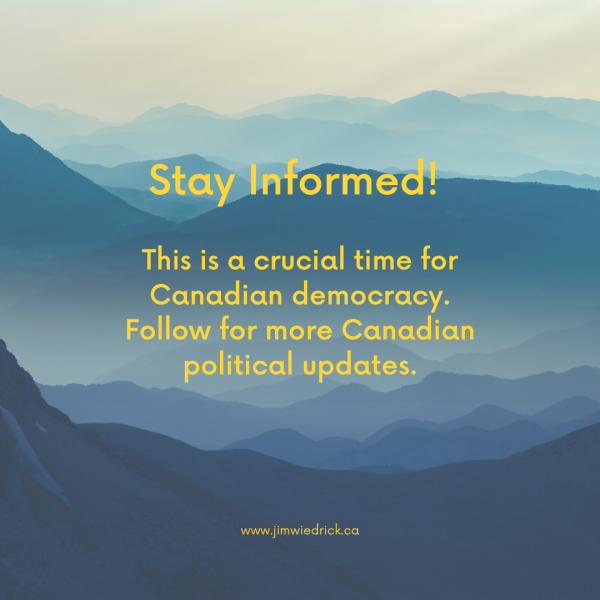
Other things you might be interested in:
Learn more about…
People also want to know what he thinks about:
- Charting a Bold Course: Jim Wiedrick’s Vision for Canada
- Clean Electricity for the Future
- Problems with Democracy in Canada: In Need of a Cure
- A Green Transportation Initiative: Revolutionizing Bike Storage at Kootenay Lake Hospital
- Electoral Reform is Required in Canada Now!
- Canadian Medicare Policy Reform: A Big Picture Fix

